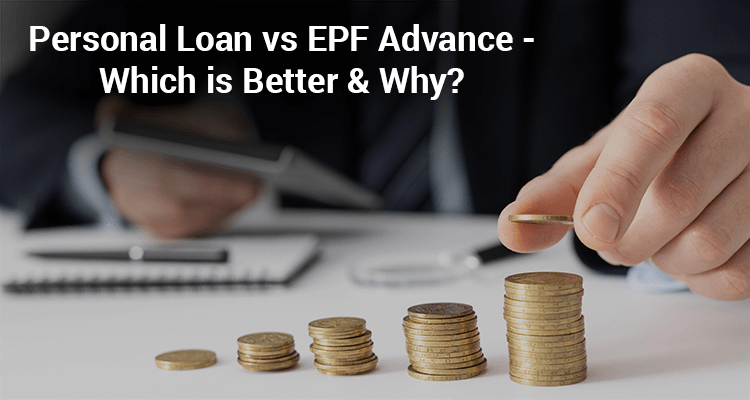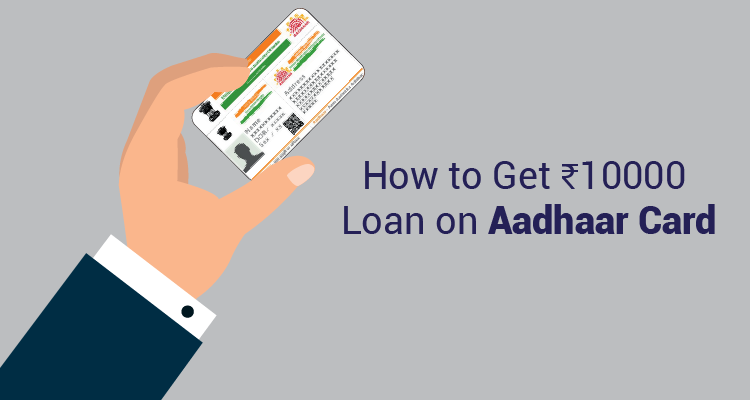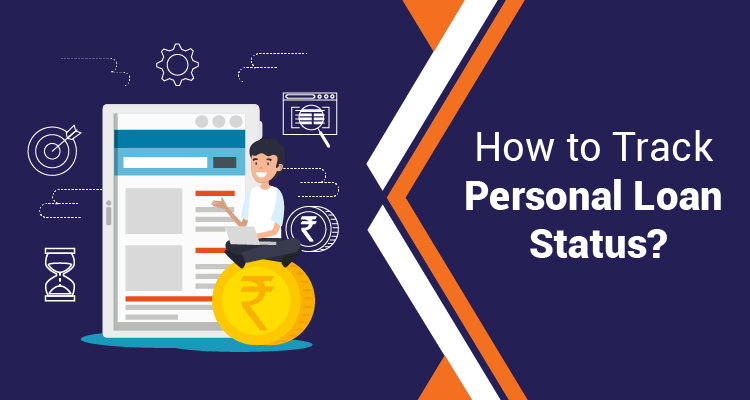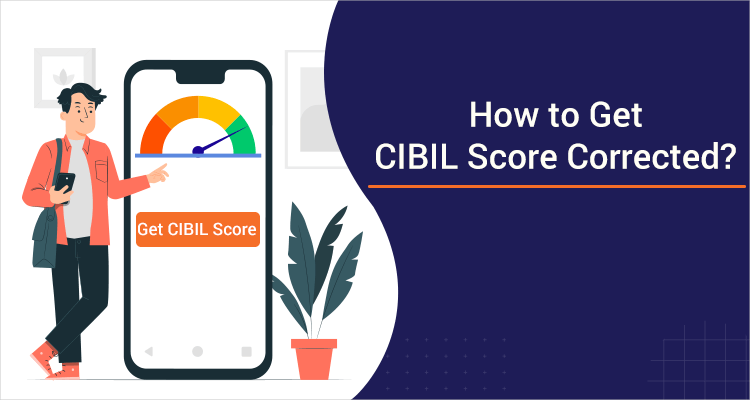Personal Loan Vs EPF Advance - Which Is Better & Why?
Table of Contents
The COVID-19 pandemic affected all business sectors, subsequently impacting employment. Many employees lost their jobs without prior notice and had to take salary cuts. In turn, the Employees' Provident Fund Organisation (EPFO) relaxed its withdrawal rules due to the financial crisis. It aimed to assist employees who have been facing financial difficulties.
Many employees who need financial assistance take a personal loan or borrow from their EPF. When employees don't have an emergency fund or existing investments, they must choose between the two options.
What Is An EPF Advance Withdrawal?
Following the pandemic and tremendous job losses, Nirmala Sitharaman, India's Finance Minister, added a bonus to the EPF Advance withdrawal program. Your account allows you to withdraw 75% of your savings or a sum of your salary (including your basic salary and any dearness allowances you might receive) for three months, whichever is lesser.
The Employee Provident Fund, or EPF, is a scheme whereby employees and employers deposit a portion of their monthly earnings for the employee to receive upon retirement. The government sets the fund for this scheme, and the revised rules allow employees to withdraw from this fund.
However, the withdrawal is subject to certain conditions. You can withdraw only in organisations with more than one hundred employees, as opposed to the regular EPF rules that apply to any organisation with over twenty members. Less than ten per cent of the workers must earn over fifteen thousand rupees a month for the scheme to be applicable. Additionally, as your EPF interest rate is very high, withdrawing more money would hit your retirement savings.
Eligibility Criteria For Taking Out EPF Advance
EPF advance eligibility requirements are as follows:• It is possible to withdraw funds to acquire land or houses if you have served for at least 60 months. For homes, you can withdraw up to 36 times your basic salary plus dearness allowances. The maximum amount you can withdraw for land is 24 times your basic monthly salary, including DA. Both circumstances limit the highest price to the total amount.
• Only those who have served 84 months or more may withdraw funds for marriage or education. In this case, the amount of EPF advances must be within 50% of the employee's EPF contributions.
• The minimum age for taking out EPF advance a year before retirement is 54 years. In this case, withdrawals are limited to 90% of the accumulated corpus plus interest.
• In case of a medical emergency, you can withdraw six months' basic salary or the employee's total contributions plus interest, whichever is less.
What Is A Personal Loan?
Personal loans are unsecured loans provided by financial institutions based on income level, repayment ability, profession, employment history, and credit history. Also known as consumer loans, personal loans are multipurpose loans for immediate needs.
Zaroorat aapki. Personal Loan Humara
Apply NowHowever, these loans have high-interest rates since they do not involve collateral. Generally, personal loans are considered high-risk loans, and you must have a good credit score to minimise your interest rates.
However, personal loans online require little documentation and are disbursed immediately after approval. You also get to choose a loan tenure according to your repayment capacity.
Eligibility For Taking Out A Personal Loan
To apply for a personal loan, you must meet the following requirements:• To qualify, you must be between the ages of 21 and 58 and be a citizen of India.
• The minimum monthly income you must earn is Rs 15,000. You must provide salary slips/certificates, bank statements, and ITR forms for income verification.
• Because personal loans do not require collateral, borrowers must have a good credit history.
• Personal loans are available only to borrowers who have not defaulted on their previous loans.
EPF vs Personal Loan: Which Is Better?
A personal loan has many advantages over an EPF advance.
You compromise your retirement savings when you withdraw funds from your EPF account. You cannot redeposit the EPF withdrawals. Thus, it could have adverse long-term financial effects.
In contrast, with a personal loan, you have almost complete control over what you can use it for, how long it will last, and more. Furthermore, the application process and the terms and conditions are straightforward. Compared to EPF advances, it is less strict.
However, if you don't have a credit history and are a first-time borrower, an EPF loan will come in handy.
Fulfil Your Capital Needs With IIFL Finance
If you're looking for a personal loan with a low-interest rate, easy repayment options, and a flexible tenure, IIFL Finance unsecured personal loan is the right one for you. With this personal loan, you can cover all your expenses until the worst has passed. Apply now and bid farewell to your financial worries!FAQs
Q1. When can you withdraw advance PF?
Ans. EPF members can apply for advance payments for weddings, land purchases, construction of houses, and medical expenses. Each withdrawal has a different limit.
Q2. Does PF advance attract tax?
Ans. A Provident Fund account does not incur any tax on deposits or withdrawals.
Zaroorat aapki. Personal Loan Humara
Apply NowDisclaimer : The information in this blog is for general purposes only and may change without notice. It does not constitute legal, tax, or financial advice. Readers should seek professional guidance and make decisions at their own discretion. IIFL Finance is not liable for any reliance on this content. Read more




